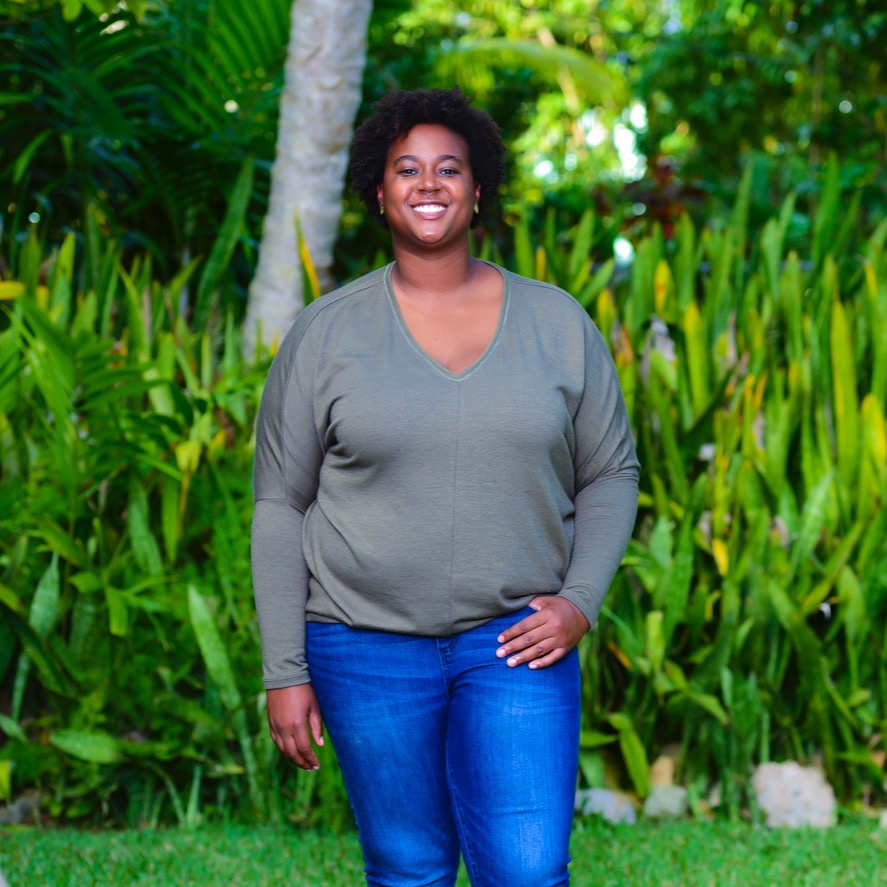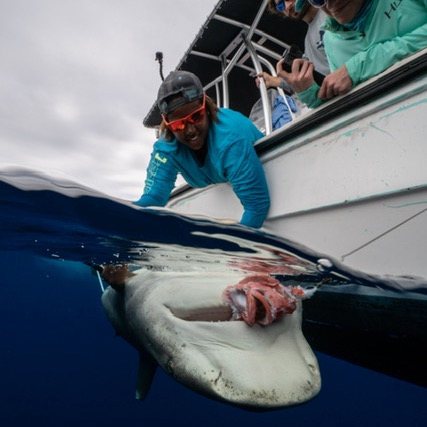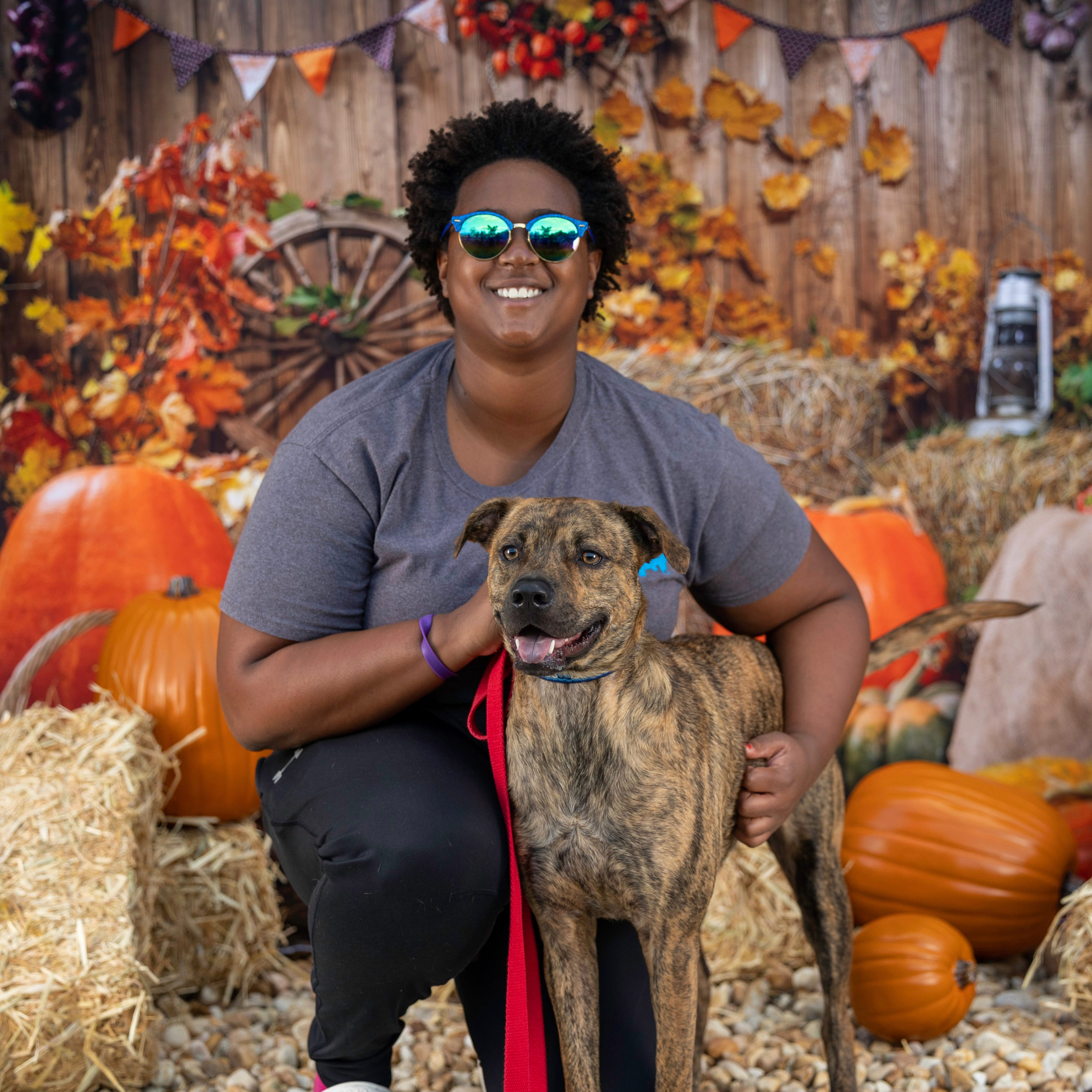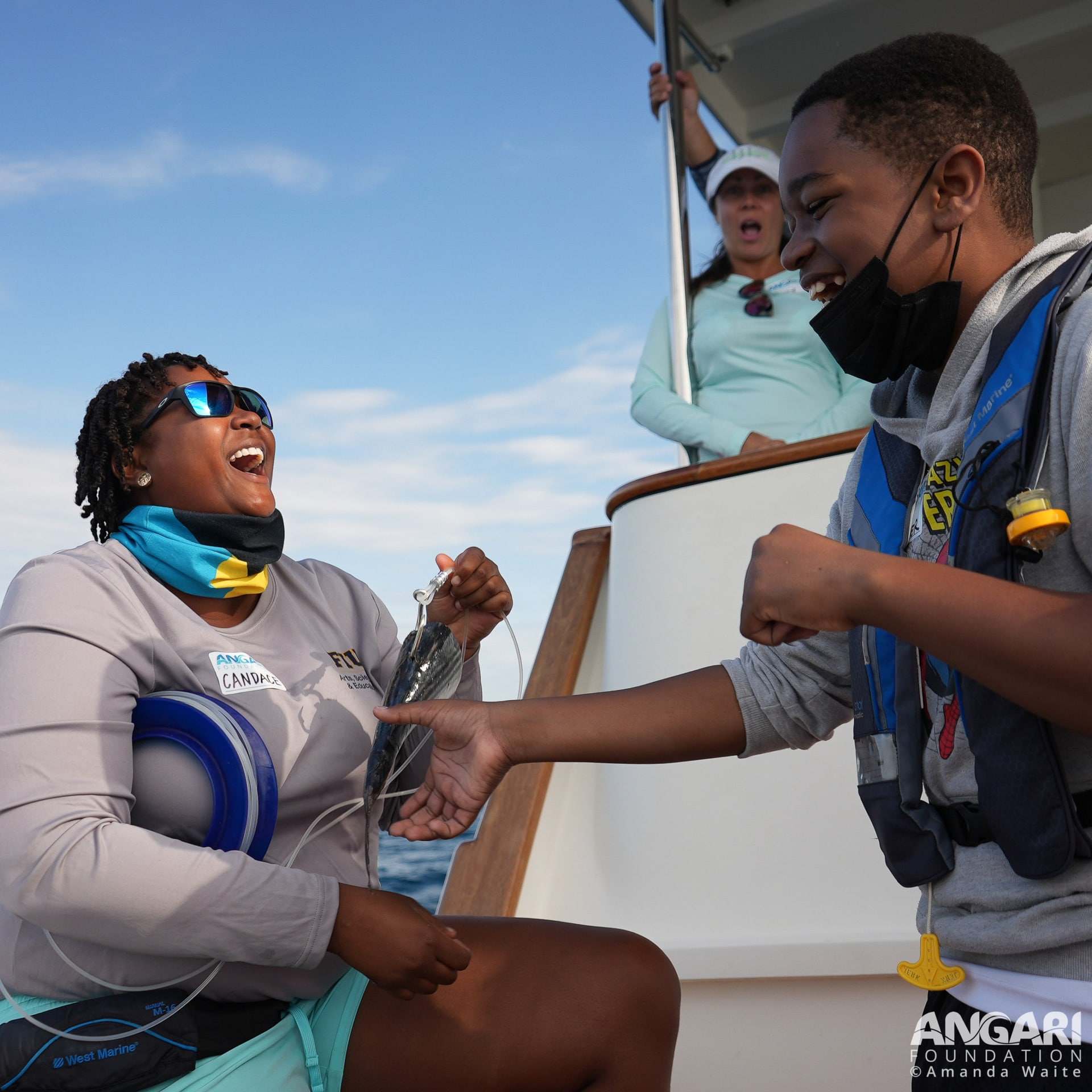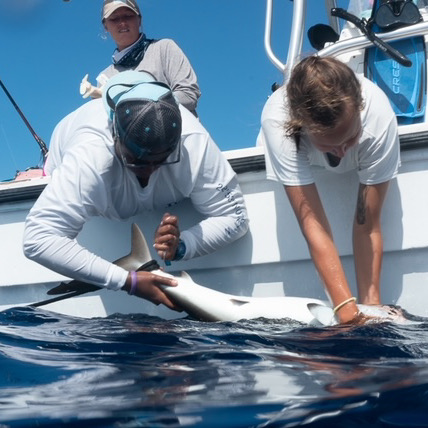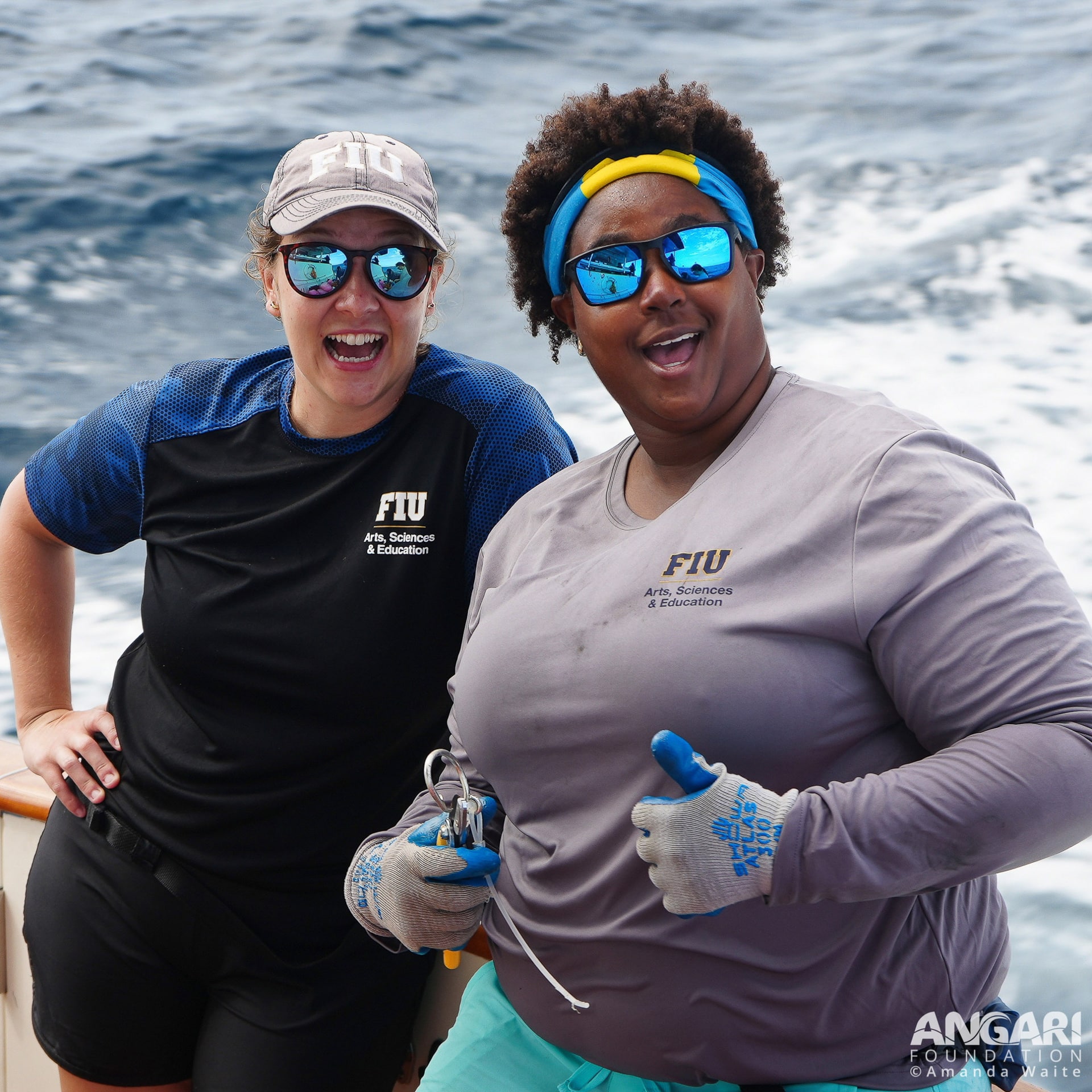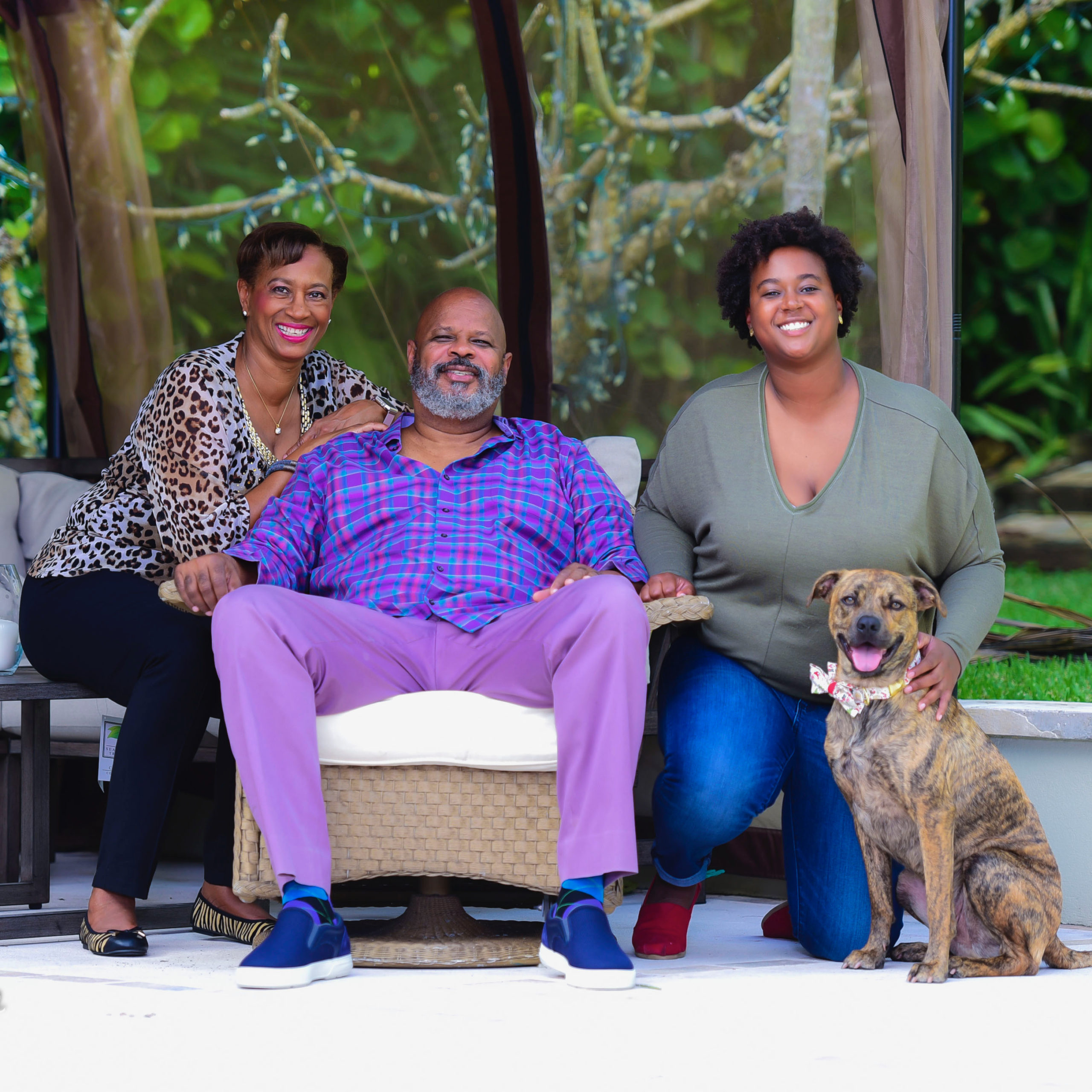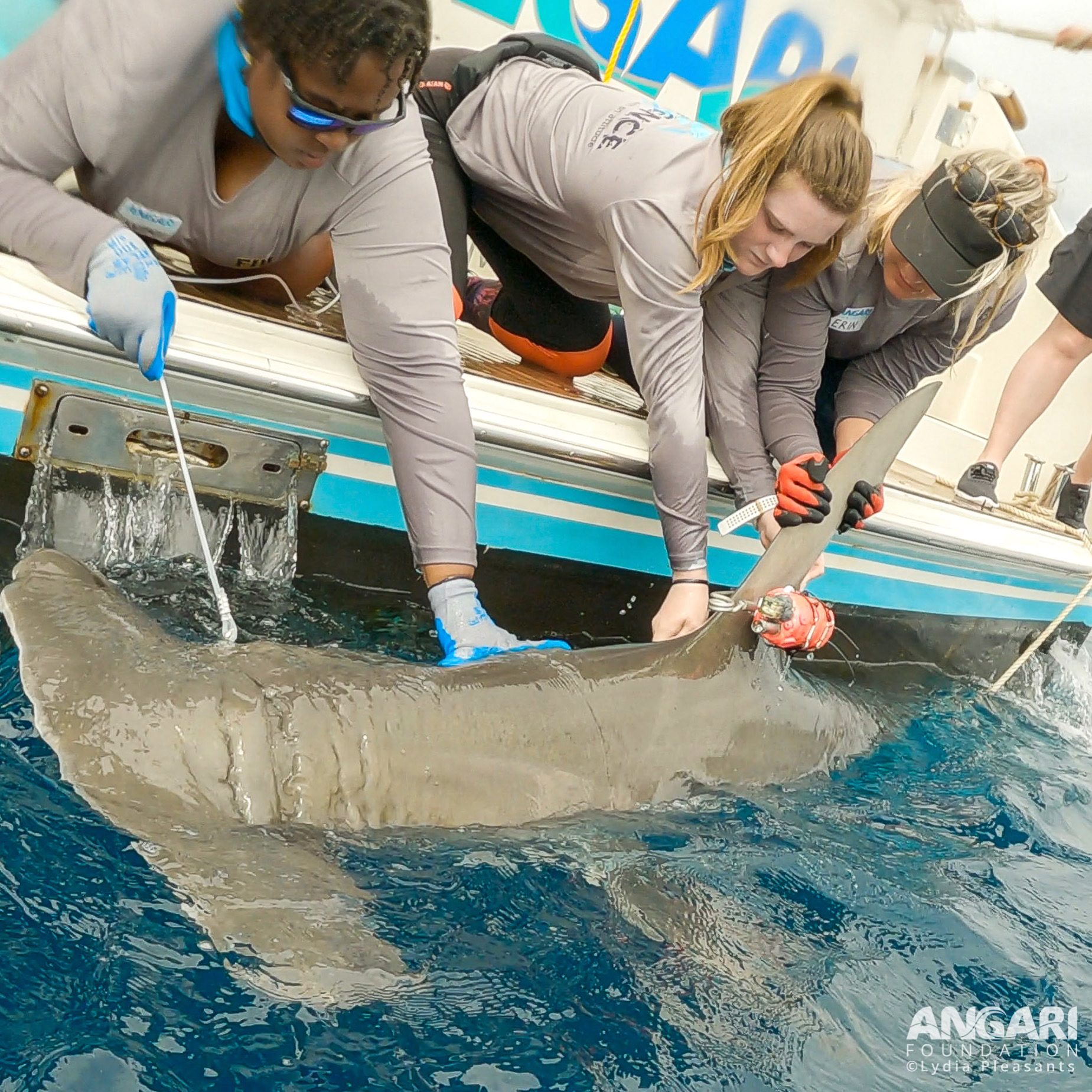
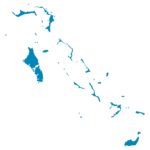
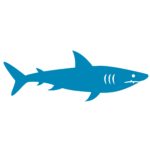
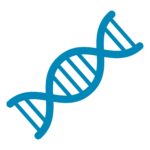
Meet Candace Fields
Originally from The Bahamas, I am a Ph.D. student at Florida International University. After finishing my undergraduate degree in Pennsylvania, I spent two years at the Cape Eleuthera Institute in The Bahamas where I was a key member on the pelagic research team. My research will focus on the population dynamics and geographic population structure of large predators, with a particular focus on oceanic whitetip sharks. More specifically I will use a combination of genetics and tracking to understand more about this critically endangered species with the hopes of aiding in the recovery plan. I am passionate about shark conservation and being a Bahamian advocate for the protection and importance of sharks and rays in The Bahamas.
2017 B.S. Neuroscience, Lafayette College
Get To Know Candace
I am from and spent most of my childhood in Nassau, Bahamas, however I went away to school in the US when I was 14. I was back and forth from New England and The Bahamas from the ages of 14-22!
I have many favorites, but one that’s at the top of the list are hammerhead sharks. It’s hard to explain exactly why, but I have always been enamored with them!
The main focus of my work is on oceanic whitetip sharks! The work is all aimed at helping understand more about this critically endangered species in order to aid in its conservation and recovery. To do this, I will be using genetics and telemetry as tools to investigate the population structure and behavior of these animals.
Growing up in The Bahamas was one of the most influential parts of my interest in marine science. The ocean was only a few minutes away, so I spent a lot of time as a kid swimming and exploring. Many Bahamians rely on the ocean for their livelihoods; seafood like conch and Nassau grouper are culturally important. I think that growing up surrounded by the ocean and understanding the importance of its inhabitants was made clear to me very early on. As I grew older and became more serious as a scientist, I realized how few Bahamians were actually doing research at home, especially women, and even fewer, if any, were focused on sharks. This inspired me to become a top tier scientist so that I could be a Bahamian voice speaking on the status of sharks and rays and their conservation and management!
I really don’t think there is a typical day as a graduate student in general as it really depends on what sort of degree you are pursuing and what your project entails. For the first couple of years you spend a lot of time doing required course work, but once that’s all done a typical day really varies from person to person. For me, I split my time between watching BRUVS videos, doing genetics lab work, working on permit applications and doing shark related field work.
I always knew that I wanted to be a marine biologist, however it wasn’t always clear exactly what I wanted to study. I knew I loved being in or around the ocean and I wanted to spend my career doing something related to the ocean. I have, however, always had a fascination with sharks for as long as I can remember and I think it is very fitting that I am now pursuing a degree which allows me to learn more about and spend time with sharks!
Before beginning my PhD, I spent two years at the Cape Eleuthera Institute (CEI) in Eleuthera, The Bahamas. I started as an intern in 2018 and worked my way up to being a Research Assistant by 2019. There, I was able to assist on numerous projects that were both field and lab-based, including sea turtle abundance monitoring, sea turtle diet analysis, deep sea baited remote underwater video station (BRUVS) analysis and a variety of projects involving both coastal and pelagic sharks. I really owe my career to CEI, as it was there that I was able to develop and continually improve my shark handling skills, my data management skills and how to navigate the world of scientific research!
Currently, the most difficult part of my work is navigating the new permitting process implemented in The Bahamas. There have been numerous changes to both the actual application process as well as the legislation, which have posed barriers to proceeding with fieldwork. However, things are improving and I am hopeful that permits will be issued in the near future! It’s hard to say what the most rewarding part of the work is, as so much of it is rewarding. I really enjoy the collaborative aspect of everything I do, whether it’s shark tagging or doing genetic work in the lab. So, if I had to choose something that is most rewarding, it’s being able to work with my peers on a regular basis to get exposure to different projects and methodologies while also getting assistance with my work.
I love to spend time with my dog, Walker, as well as my niece and nephews! Beyond that, I enjoy SCUBA diving and snorkeling, playing golf and watching TV.
I think it’s really important for people to know that to get here you don’t have to follow any specific trajectory or pursue any specific degree. Each individual’s journey is different and you have to take it in stride. Most importantly, if you really think this is the career for you, don’t give up on your dream and remember only you know what’s right for you. Another thing I’d say is that if you think a career in marine science is what you want to pursue, seek out opportunities to get hands on experience in the field you anticipate being involved in to really understand the ins and outs of it and see if the idea of the job you have in mind is in alignment with what job actually entails.
Interview conducted in May 2022

